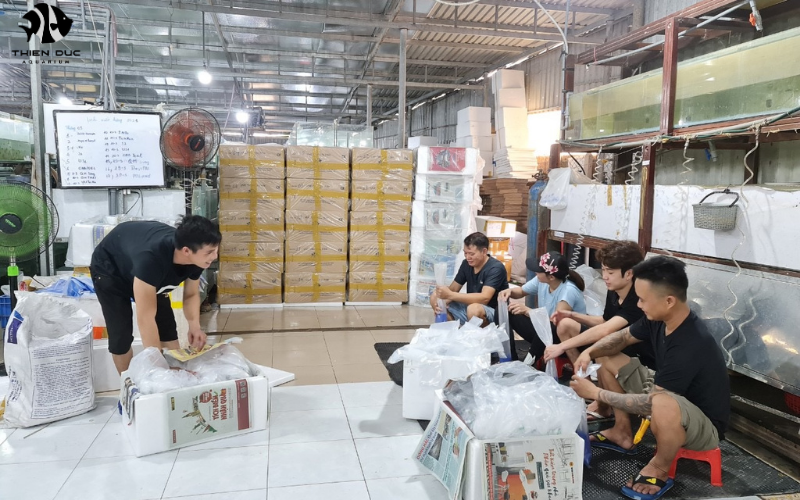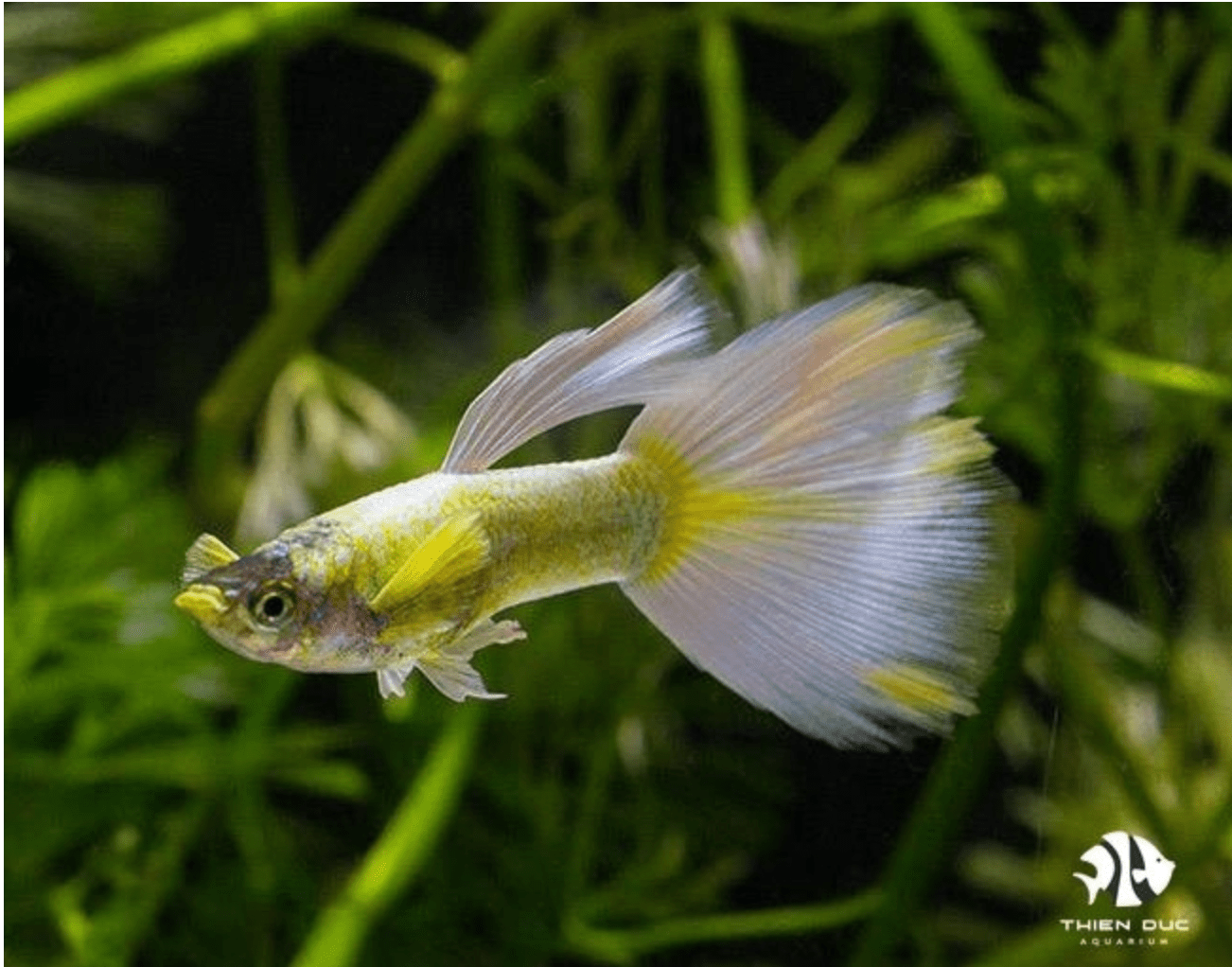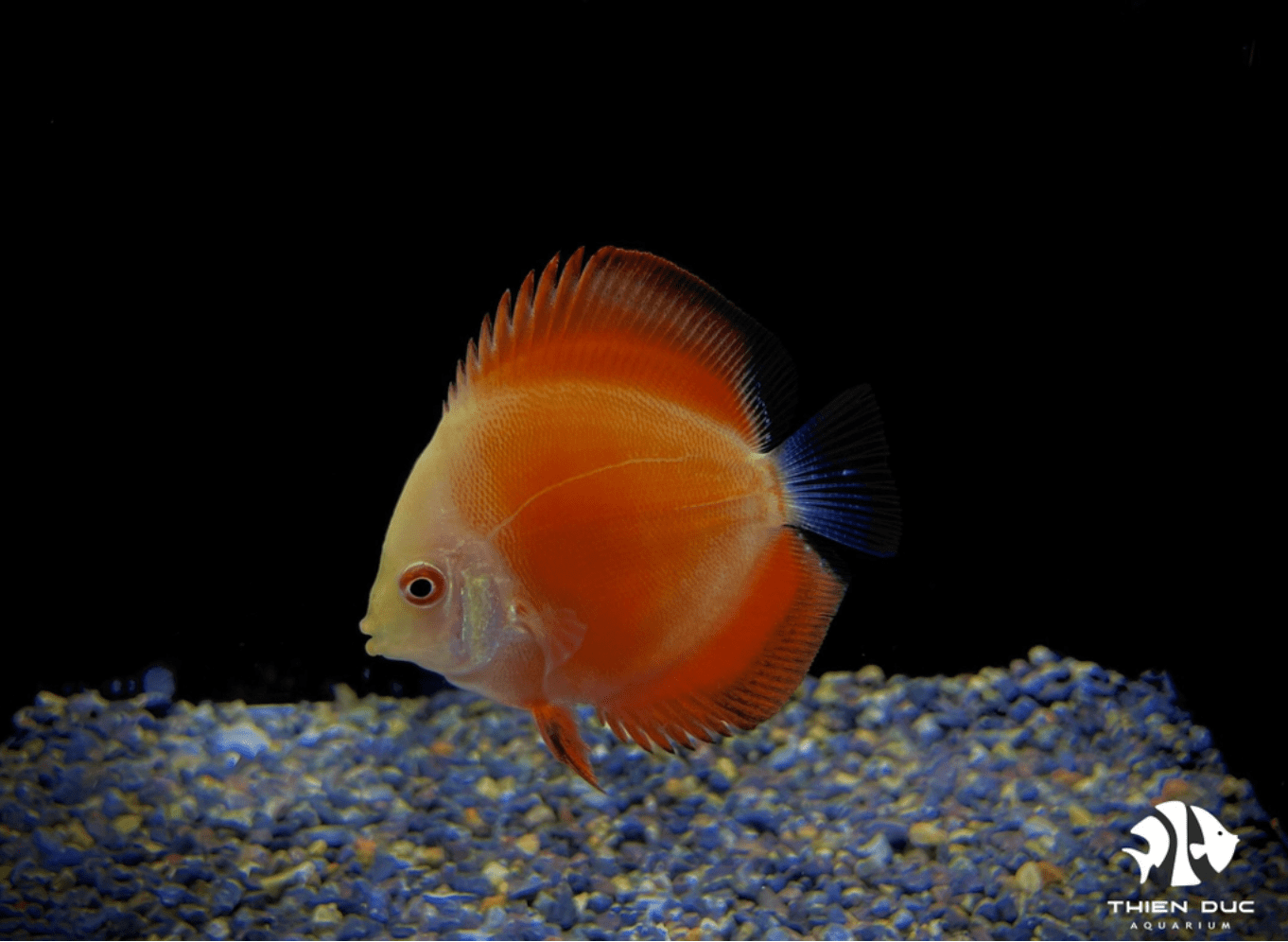Exotic Aquarium Fish Importers: Understanding Regulations
The world of exotic aquarium fish is captivating, offering enthusiasts a vibrant array of colors, shapes, and behaviors that transform ordinary tanks into mesmerizing underwater landscapes. As the popularity of these fascinating creatures continues to rise, so does the responsibility to ensure their ethical and sustainable sourcing. The demand for exotic fish has significant implications for natural ecosystems and the well-being of the species involved.
At ThienDuc Aquarium, we are deeply committed to responsible importing practices, prioritizing both the health of the fish and the preservation of their natural habitats. This dedication is reflected in our strict adherence to international regulations and our collaboration with trusted suppliers who share our commitment to sustainability. In this article, we aim to provide exotic aquarium fish importers with a comprehensive guide to navigating the complex world of regulations.

The Global Landscape of Exotic Aquarium Fish Imports
The global trade in exotic aquarium fish is a multi-billion dollar industry, with a significant impact on both the aquarium hobby and the environment. While the demand for exotic fish continues to grow, so too does the need for responsible practices to ensure the sustainability and ethical treatment of these creatures.
According to a recent report by the World Wildlife Fund, the global trade in aquarium fish involves millions of individuals annually, with many species being sourced from wild populations. This has raised concerns about overfishing, habitat destruction, and the potential introduction of invasive species.
In response to these concerns, many countries have implemented stricter regulations and import controls to protect both wild fish populations and the integrity of their ecosystems. However, the trade remains complex, with challenges related to enforcement, traceability, and the potential for illegal trade.
ThienDuc Aquarium is committed to contributing to a more sustainable and ethical global aquarium fish trade. We prioritize sourcing fish from responsible breeders and suppliers who adhere to ethical practices and contribute to the conservation of wild populations. We believe that by working together, importers, breeders, and conservation organizations can create a future where the aquarium hobby thrives while respecting the delicate balance of our planet's ecosystems.
The Importance of Regulations
Regulations governing the import of exotic aquarium fish are crucial for safeguarding both the fish themselves and the environment.
-
Protecting Biodiversity: Regulations play a vital role in preventing the introduction of invasive species. Unregulated import can lead to the release of non-native fish into local ecosystems, potentially disrupting delicate balances and harming native species.
-
Ensuring Animal Welfare: Regulations ensure the humane treatment of fish during transport and quarantine. Strict guidelines for handling, transportation conditions, and quarantine procedures are designed to minimize stress and prevent injury to the fish.
-
Preventing Disease Spread: Regulations are essential for preventing the spread of diseases that can impact both wild and captive fish populations. Quarantine periods and health checks help identify and contain potential disease outbreaks.
-
ThienDuc Aquarium's Commitment: At ThienDuc Aquarium, we are dedicated to upholding the highest ethical and sustainable standards in our importing practices. We comply with all relevant regulations and work diligently to ensure the well-being of every fish we import.
Key Regulations for Exotic Aquarium Fish Importers
Navigating the complex world of import regulations requires a thorough understanding of the rules and procedures.
CITES
CITES (Convention on International Trade in Endangered Species of Wild Flora and Fauna) is an international agreement that regulates the trade of endangered species, including some exotic aquarium fish. Importers must comply with CITES regulations, which may involve obtaining permits and ensuring that the fish are sourced from sustainable populations.
National and Regional Regulations
In addition to CITES, each country and region has its own specific regulations governing the import of exotic aquarium fish. These regulations may vary significantly, covering aspects like import permits, quarantine requirements, and documentation.

Import Permits and Licenses
Obtaining the necessary permits and licenses is crucial for legal importing. Importers must apply for and receive these permits before importing any exotic aquarium fish.
Quarantine Requirements
Quarantine procedures are essential for ensuring the health of imported fish and preventing the spread of diseases. Importers must comply with quarantine regulations, which may involve holding fish in a designated quarantine facility for a specific period.
Documentation and Reporting
Accurate documentation and reporting are essential for complying with import regulations. Importers must maintain detailed records of their import activities, including species, origin, and health status of the fish.
Best Practices for Responsible Importing
Beyond complying with regulations, responsible importers prioritize ethical and sustainable practices.
Source Selection
Choosing reputable breeders and suppliers is crucial for ensuring the health and well-being of imported fish. Look for suppliers who adhere to ethical breeding practices, prioritize animal welfare, and maintain healthy fish populations.
Transportation and Handling
Safe and humane transportation is essential for minimizing stress and injury to fish during transit. Importers should use appropriate containers, maintain optimal water conditions, and handle fish carefully.
Quarantine Procedures
Proper quarantine procedures are essential for preventing the introduction of diseases into established aquariums. Quarantine periods should be sufficient to allow for observation and treatment if necessary.
Disease Prevention
Disease prevention is a top priority for responsible importers. Thorough inspections, proper quarantine protocols, and appropriate health management practices help minimize the risk of disease outbreaks.
ThienDuc Aquarium's Approach
At ThienDuc Aquarium, we are committed to responsible importing practices. We source our fish from reputable breeders and suppliers who prioritize ethical breeding and animal welfare. We implement strict quarantine procedures and maintain a high standard of health management to ensure the well-being of every fish we import.

Conclusion
The world of exotic aquarium fish offers a captivating glimpse into the beauty and diversity of aquatic life. However, responsible exotic aquarium fish importers play a critical role in ensuring the sustainable and ethical trade of these fascinating creatures. By understanding and complying with regulations, prioritizing ethical sourcing, and implementing best practices for handling and quarantine, importers can contribute to the well-being of fish and the health of ecosystems.
At ThienDuc Aquarium, we are dedicated to providing expert guidance and support to exotic aquarium fish importers, helping them navigate the complexities of regulations and ensure the well-being of the fish they import. Contact us today to discuss your importing needs and let us help you embark on a journey of responsible and sustainable exotic aquarium fish trade.
Contact Information:
-
Address: 57 Le Thi Sieng, Tan Thong Hoi, Cu Chi, Ho Chi Minh City, Viet Nam
-
Mobile: +84903912501
-
Office: +84982577871
-
Email: thien@thienducaquarium.com










